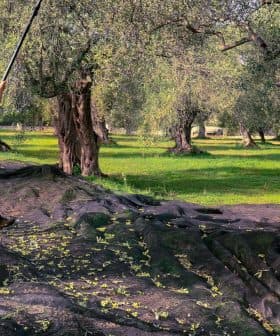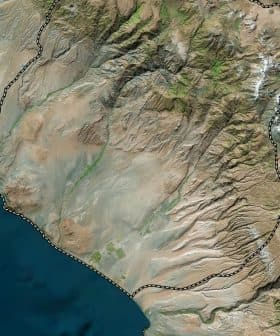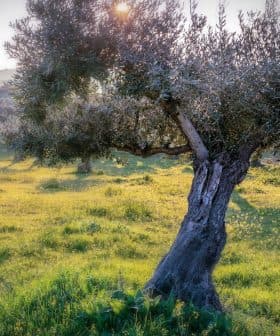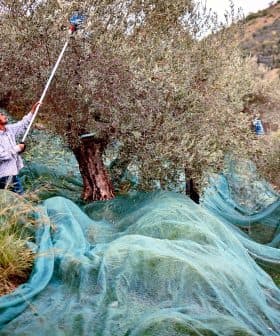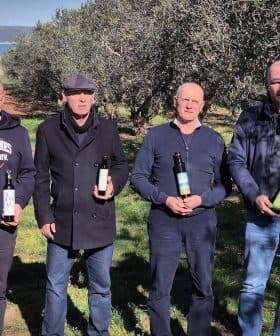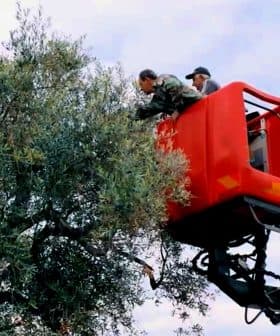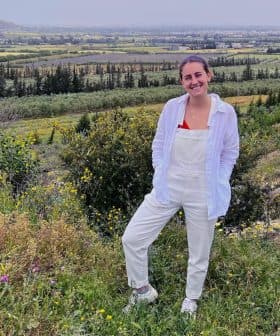 5.5K reads
5.5K readsProducer Profiles
Brazil's Largest Producer Celebrates a Triumphant Harvest

Prosperato, Brazil’s largest olive oil producer, is having a record year with a record-high production of 70,000 liters and winning four awards at the 2022 NYIOOC World Olive Oil Competition. The company attributes their success to maturing olive trees, improved techniques, and a cold winter that helped produce more flowers, while also facing challenges such as a glass bottle shortage and rising production costs due to disruptions in the global supply chain.
Brazil’s largest olive oil producer is enjoying a record year in more ways than one.
Situated in the southeastern state of Rio Grande do Sul, Prosperato produced a record-high 70,000 liters in the current crop year and celebrated winning four awards, another record, at the 2022 NYIOOC World Olive Oil Competition.
We still find people every day that don’t know that Brazilian olive oil exists. The way we can get to these people is with this kind of news, talking about awards.
“We started harvesting in the first week of February and finished in the first week of May, so it was almost 90 days,” Rafael Marchetti, the company’s chief executive, told Olive Oil Times. “We had never harvested in May, so it was our longest harvest.”
Marchetti attributed the increased amount of time to the steadily rising number of olives being produced by his maturing trees.
See Also:Producer ProfilesWhile the company produced a larger quantity of olives in 2019, an extended drought meant the oil content of those olives was much lower and resulted in a slightly lower production of 65,000 liters.
“We have trees of all ages, from four years old to almost 15,” Marchetti said. “We have more olives because the trees are now bigger.”
Along with his trees entering maturity, Marchetti said his understanding of how to produce extra virgin olive oil in Brazil has also matured.
The combination of better agronomic techniques in his two groves and improved milling techniques means he can get the most out of his trees and the olives they produce.
“We don’t know everything, but we are learning more about how to grow olives in our environment, how to prune correctly, how to use the new trends at the right time,” he said. “And we also had a very cold winter last year, which helped produce more flowers.”
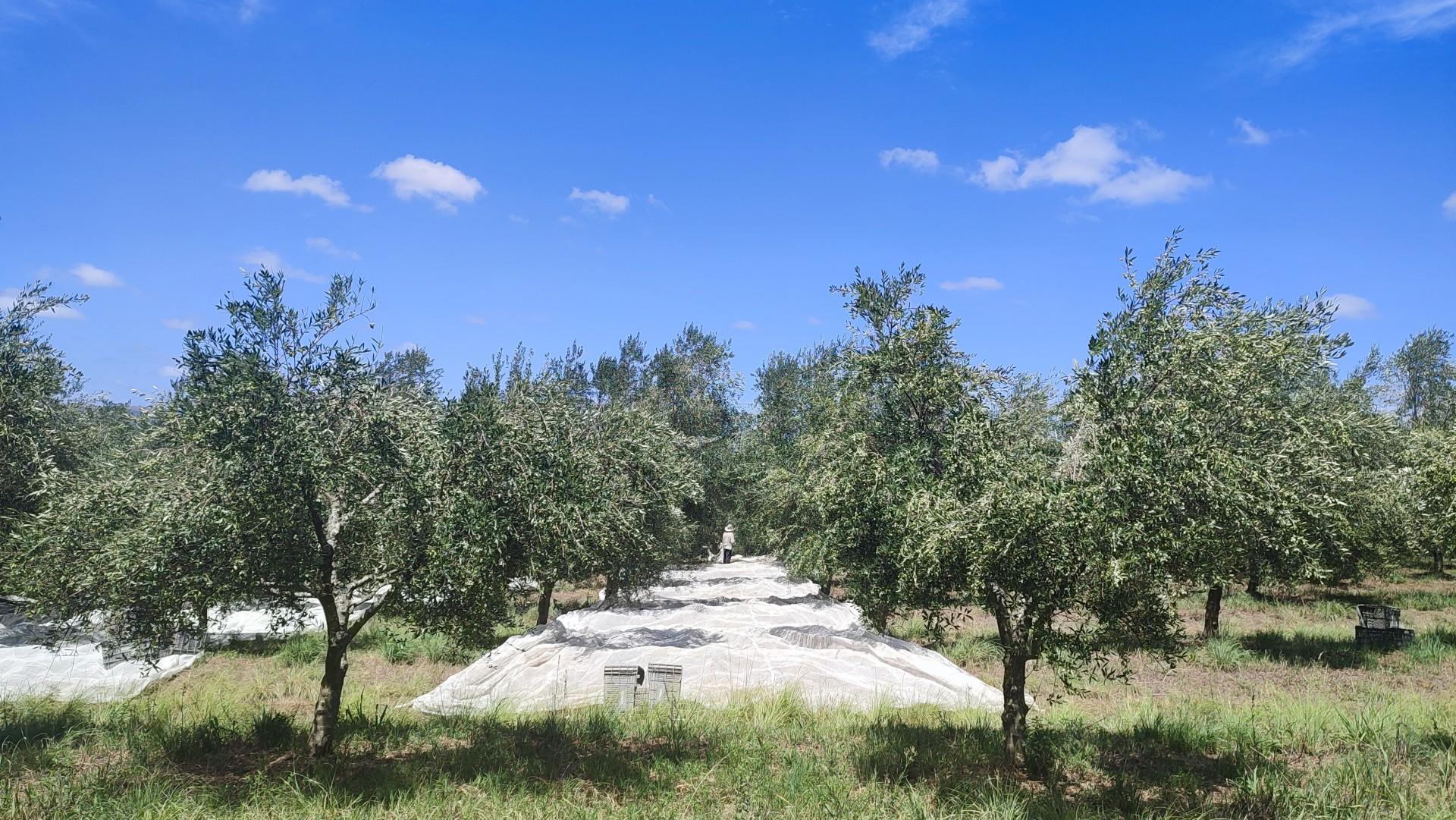
Harvesting olives at Prosperato
Rio Grande do Sul is a median-sized state in Brazil, slightly larger than Ecuador, stretching from the Atlantic coastline to the western border with Argentina.
Prosperato has two olive groves in the state, one in Costa Doce, just south of the state capital Porto Alegre near the coast. The other is in Capaçava do Sul, which features a more humid continental climate in the center of the state.
“Having olive trees in two very different regions made us learn faster,” he said. “We always have something new to learn. It’s so different from what they are doing in Europe because the climate is so different. So we basically had to learn everything from scratch.”
The company began producing olive oil in 2013 from its groves near Porto Alegre after planting its first olive trees in 2011.
Before producing olive oil, Marchetti worked at Tecnoplanta Forestal, a tree nursery founded by his father 30 years ago.

Tree nursery at Tecnoplanta Forestal
While most of the company’s efforts were concentrated on cloning and grafting eucalyptus trees for the region’s prominent forestry industry, he said the company initially planted olive trees as a proof of concept to a prospective customer.
“Our olive oil production is all from olive trees planted to show investors that it was possible to produce, to grow olive trees and to produce a very good olive oil,” he said.
“Unlike other producers here in Brazil, when we started this business, we never traveled to other countries to see how they grow olive trees or produce olive oil,” Marchetti added. “We just started planting because it is what our company knows how to do.”
Unsurprisingly, the company’s proof of concept worked. Marchetti said that Tecnoplanta continues to provide olive trees to Brazilian producers, some of whom have gone on to win at the NYIOOC with those same trees.
At the tenth edition of the world’s largest olive oil quality competition, Prosperato earned four Gold Awards, bringing the company’s total award count at the NYIOOC to 13.
“These results are special for us, especially because it’s not just one year we sent and we got good results, but we are showing some consistency,” Marchetti said.
Among the winning oils are Picual, Frantoio and Koroneiki monovarietals, along with a blend of Arbequina and Arbosana olives. While the others have won before, this was the first time Marchetti submitted his Frantoio oil.
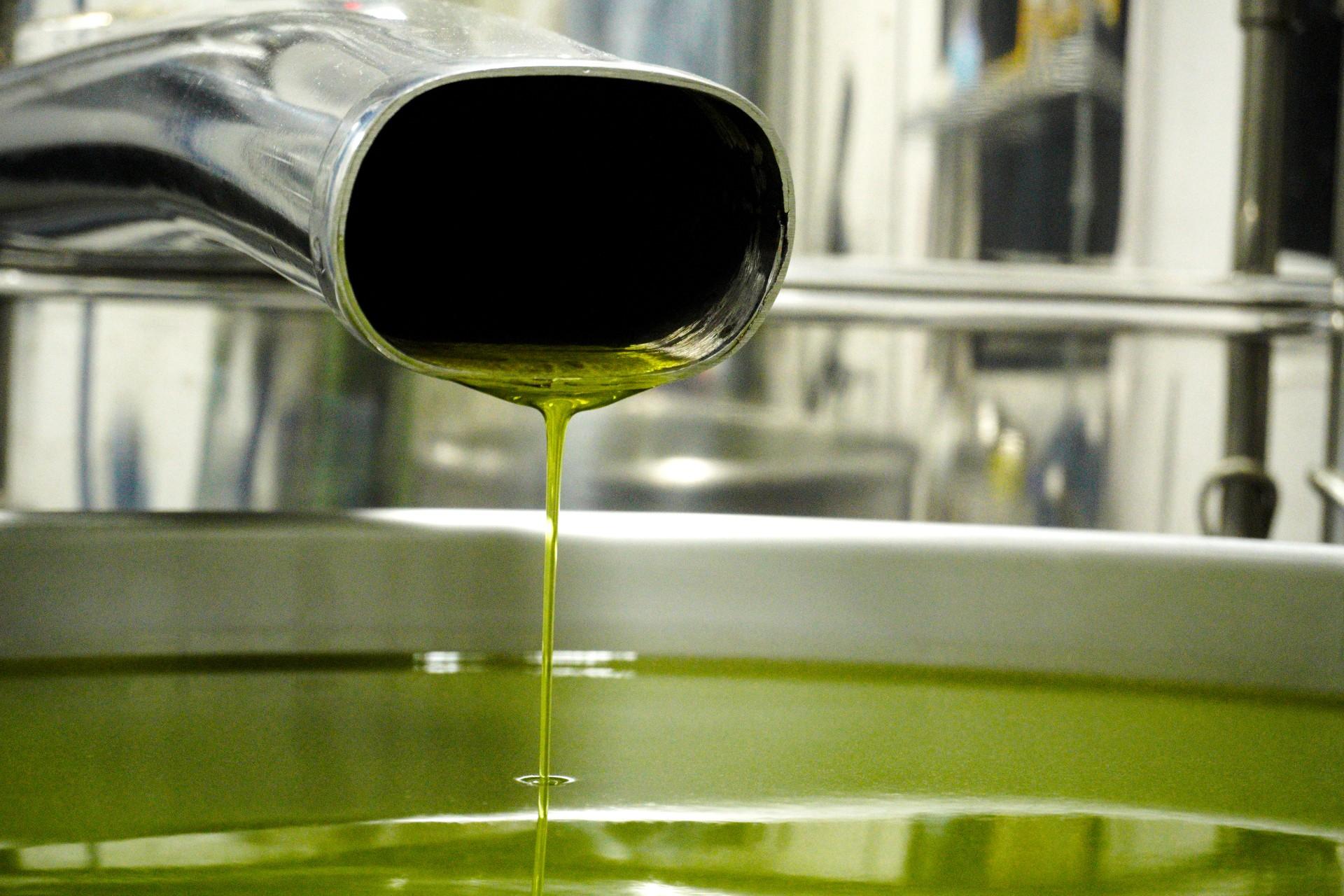
Photo: Prosperato
He believes the increasing number of awards, both for himself and other producers in Brazil, indicate that quality is improving. In 2020, Prosperato became the first company to export olive oil in Brazil, which Marchetti attributed to a 2019 Best in Class Award at the NYIOOC.
“It was one of the main reasons why this happened,” he said. “[Consumers] are very oriented on the awards.”
At his store, located with the mill in Capaçava do Sul, Marchetti said the same is true with regional wines, with award-winning bottles selling more quickly than non-award-winning ones.
One of the most significant challenges facing Marchetti and many other Brazilian producers is introducing Brazilians to local extra virgin olive oil and persuading them to use it instead of the long-favored imports from Europe.
“Brazil is so big that even here in our region, we still find people every day that don’t know that Brazilian olive oil exists,” he said. “The way we can get to these people is with this kind of news, talking about awards.”
While increasing the domestic olive oil consumer base in Brazil is a more long-term issue, Marchetti faced plenty more immediate ones. Like producers in neighboring Uruguay, he had a difficult time finding bottles.
A combination of slowdowns at glass production facilities in Chile – where many in the region source their glass bottles from – during the Covid-19 pandemic, along with increased competition with the wine and beer sectors, meant olive oil producers were often a low priority.

Prosperato’s olive groves
“For these companies that produced glass bottles, the olive oil sector is just like very minimal,” Marchetti said. “It’s almost nothing when compared to wine and beer. That’s why we’re facing the biggest problems with having a normal supply.”
Marchetti added that he eventually managed to buy some glass bottles from Italy but expects these will take longer to arrive.
Along with a glass shortage, the producers at Prosperato also feel the impacts of rising production costs, a consequence of ongoing disruptions to the global supply chain, inflation and rising fuel costs. “It’s just a crazy moment we’re in,” Marchetti said.
Another legacy of the Covid-19 pandemic, which killed more than 668,000 people in Brazil, was the restrictions put in place by some states to stem its spread.
“Our main channel for selling olive oil is our shop we have right with the mill,” Marchetti said. “During the pandemic, we closed our store.”
However, it has since reopened, and sales volumes have returned to pre-pandemic levels. Despite this return to business as usual, Marchetti used the closure to improve his online presence and is now reaping the benefits.
“We have increased sales from our online store,” Marchetti said. “We are investing more in our online marketing. It’s very different because we can supply our customers directly instead of just reselling it for other stores or supermarkets.”


